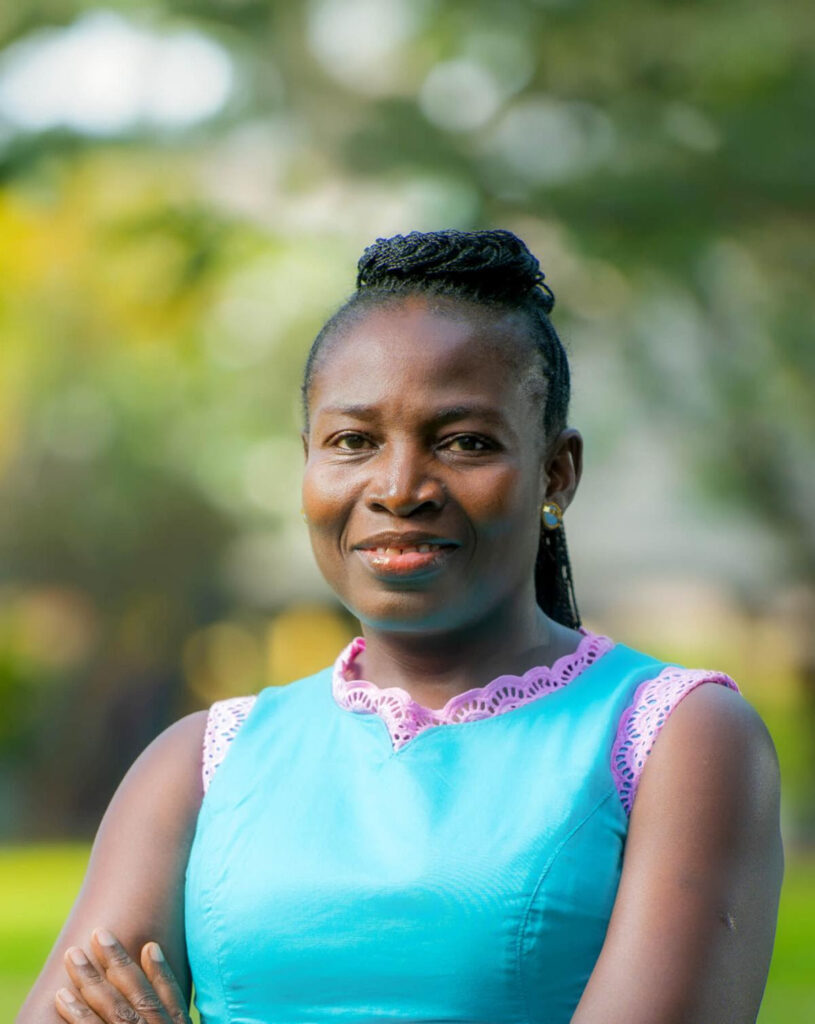World Mosquito Day 2025: Why investing in communities, researchers, and innovation matters more than ever
As we observe World Mosquito Day on August 20th, the urgent need for increased investment in people, partnerships, and advancements to combat malaria is underscored by the staggering statistic of over half a million African lives lost to the disease each year, with young children being the most affected demographic.
One organization at the forefront of this battle is Target Malaria, a non-profit research consortium dedicated to developing genetic technologies like gene drive, aimed at reducing the population of malaria-transmitting mosquitoes. By investing in cutting-edge technology, training, and research, Target Malaria is striving to protect lives threatened by malaria across Africa.
In the face of challenges such as climate change, insecticide resistance, and fragile healthcare systems, it is crucial for governments and donors to view genetic tools as supplemental to existing malaria interventions, rather than as replacements. However, the successful implementation of these innovative solutions hinges on robust community engagement and the development of scientific expertise.
Dr. Léa Paré Toé, Stakeholder Engagement Lead for Target Malaria Burkina Faso, emphasizes the importance of holistic investment in not just technology, but also in the individuals and collaborations essential for its effectiveness. She asserts that every life lost to malaria represents a failure of both imagination and investment, urging the global community to prioritize comprehensive support for malaria eradication efforts.
Investment in technology is a key aspect of Target Malaria’s strategy, with the gene drive technology offering a promising approach to reducing the population of malaria-carrying mosquitoes. By introducing a genetic trait into targeted mosquito species, the technology disrupts their ability to reproduce, ultimately leading to a decline in the mosquito population and potentially interrupting malaria transmission altogether.
Moreover, building trust within communities is paramount to the success of scientific innovations like gene drive. Target Malaria has established long-term partnerships with local villages in Burkina Faso and Uganda, ensuring that residents are informed, consulted, and empowered to participate in decision-making processes.
To enhance community understanding of gene drive research, Target Malaria has developed a range of educational tools, including interactive theater performances, visual presentations, and radio programs in local languages. These initiatives foster transparency, trust, and constructive dialogue around the scientific advancements, particularly among communities directly impacted by the research.
Investing in talent is another critical component of Target Malaria’s approach. The organization is actively involved in training a new generation of African scientists in Burkina Faso and Uganda to lead the fight against vector-borne diseases. By supporting local expertise and infrastructure, Target Malaria aims to ensure that Africa is equipped with homegrown solutions to its health challenges.
Through initiatives like the establishment of insectaries and laboratory spaces and collaborations with academic institutions, Target Malaria is nurturing African scientific leadership in the field of vector-borne disease research. By empowering young scientists and fostering research exchanges with leading laboratories, the organization is paving the way for innovative solutions tailored to Africa’s unique healthcare needs.
Ultimately, the battle against malaria requires collective efforts and a multi-faceted approach. By investing in communities, researchers, and innovation, organizations like Target Malaria are not only addressing the immediate threat of malaria but also building a sustainable foundation for future health challenges. As we commemorate World Mosquito Day, let us recommit to supporting initiatives that prioritize trust, talent, and technology in the fight against malaria.
This article was originally published on African Media Agency and has been adapted for a WordPress platform.








